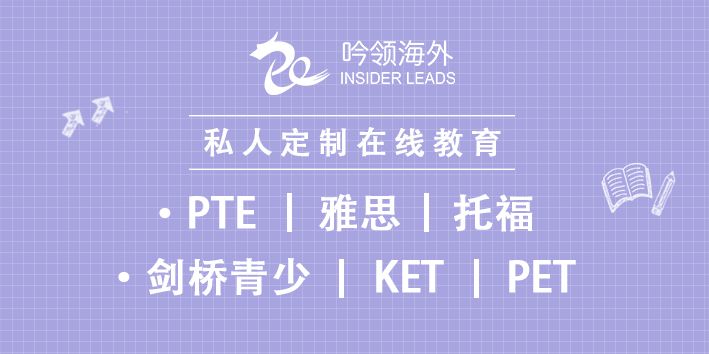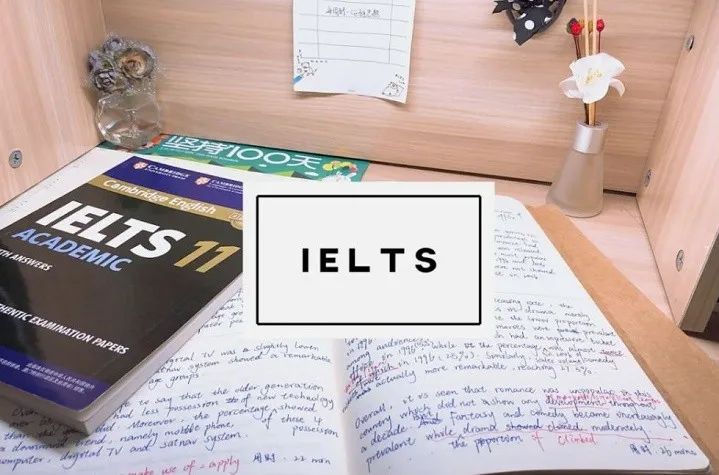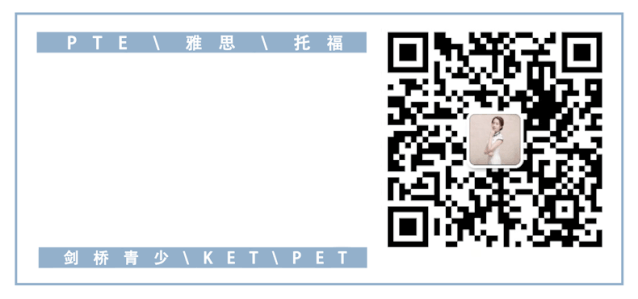雅思14个高频用词错误,看看你被说中没?



?1. knowledge, information, data
这3个词都是不不能再加s。因为前两个是不可数名词,后一个本身就是复数形式,data的原形是datum.
2. 学习知识不可以直译成learn knowledge,应该是acquire/gain knowledge;
◇ Gain/ obtain/ gather information都可以,但意思不同;
◇ Obtain/ collect data 都可以,但意思不同。
3. lack
◇ lack作动词,是及物动词,不需要加任何介词,包括of:Many people lack the awareness to protect environment.
◇ lack作名词:The lack of sufficient exercises leads to overweight.
缺乏锻炼会导致肥胖。

4. affect
◇ affect只能作动词,名词的【影响”是:effect
◇ 如果记不清楚,请用influence和impact,这两个词可以作动词和名词。
5. modern, environment, government , nowadays
这4个词在学生作文中高频拼写错误。
6. economy, society
【经济”的名词是economy,可是不知为什么,十有八九的学生写成:economic,而这个却是形容词。同样地,【社会”的名词是【society”,可大部分人都会写成【social”这个形容词,其实只要掌握后缀,这个问题就能迎刃而解,因为【-ic 和-cial”都是形容词后缀,例如:historic, scientific, special, facial。

7. Let
◇ 让某人做某事,可以说成:let sb do sth, 或者 enable/make sb to do sth
◇ 而【不让某人做某事”却不能说成:let sb do not do sth
应该说:prevent sb from doing sth
例如:Effective measures should be to prevent people from hunting wild animals illegally.
8.
complain about/of
dream about/of
arrive at/in
discriminate against
这4个词是不及物动词,后面要跟介词。
9. rise 和raise,你搞清楚谁是谁了吗?
◇ rise是【升高”:The birth rate rose from 3% to 5%.
◇ raise是【提高”:It is not the best way to raise the price of petrol.
另一方面,还可以从发音上区分它们。
【rise”有一个非常好的发音规则来识别它:单音节词,以不发音的e结尾时,这个单词中剩下的那个唯一元音字母发这个元音字母本身的音。例如:like tide wide rise kite
五个元音字母:a e i o u 中只有e不符合这个规律,其他四个字母,在绝大多数情况下符合这个规律,例如:
make wave pace maze Kate
wide mile pride hike mite
note hole toe rose pose
use abuse cute muse
而【raise”的发音符合另一个发音规则:ai [ ei ] main rain gain train aid AIDS

10. Lead to / lead…to…
◇ lead to (sth), 导致……(接名词):Eating too much fast food easily leads to obesity.
◇ lead…to…:用于表达【导致某人做某事”:Test-oriented education system always leads teachers and parents to neglect students’ qualities and personalities.
11. while / meanwhile
◇ while用于两个句子之间:Western parents like to guide, while Chinese parents prefer to teach.
◇ Meanwhile用于句首:We all like the convenience brought by plastic bags. Meanwhile, however, we seldom pay attention to the white pollution caused by such non-biodegradable material.
12. in a word, in other words
◇ in a word 常常被误认为是【总而言之”的意思,被错误地用于文章的结尾段开头,但实际上,这个短语的真正意思是【用一个词概括”,例如:A: How about your blind date yesterday? B: In a word, ugly!
◇ in other words意思是【换句话说”,但请千万注意:【word”要加复数【words”,因为你是换句话说,而不是换一个词说。

13. relative / relatively (相对的/相对来说地)
绝大多数学生都错误地以为这个词的意思是【相关的”,因为它的名词意思是【亲戚”。这个词在小作文中尤其使用高频,例如:Relatively, the group under 20 years old spent less time on TV in 1970 than in 1980.
14. As well/ as well as
◇ As well 相当于【too”,用于句末:We should correctly judge the current situation of job market and our own abilities as well.
◇ As well as相当于一个介词,表示【以及,和”,后面只能跟名词性成分:University students should try to obtain theoretical knowledge as well as practical skills.

添加龙老师
预约全真雅思模考
1v1私人定制在线试听













